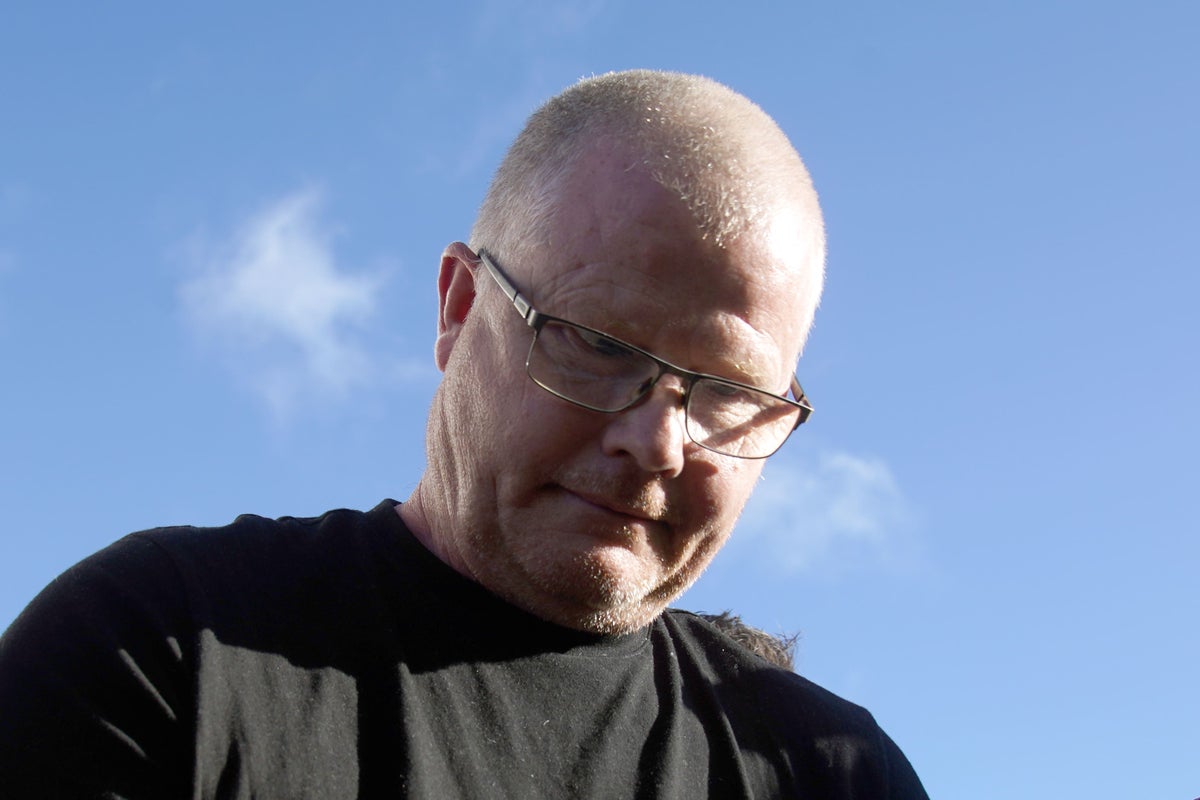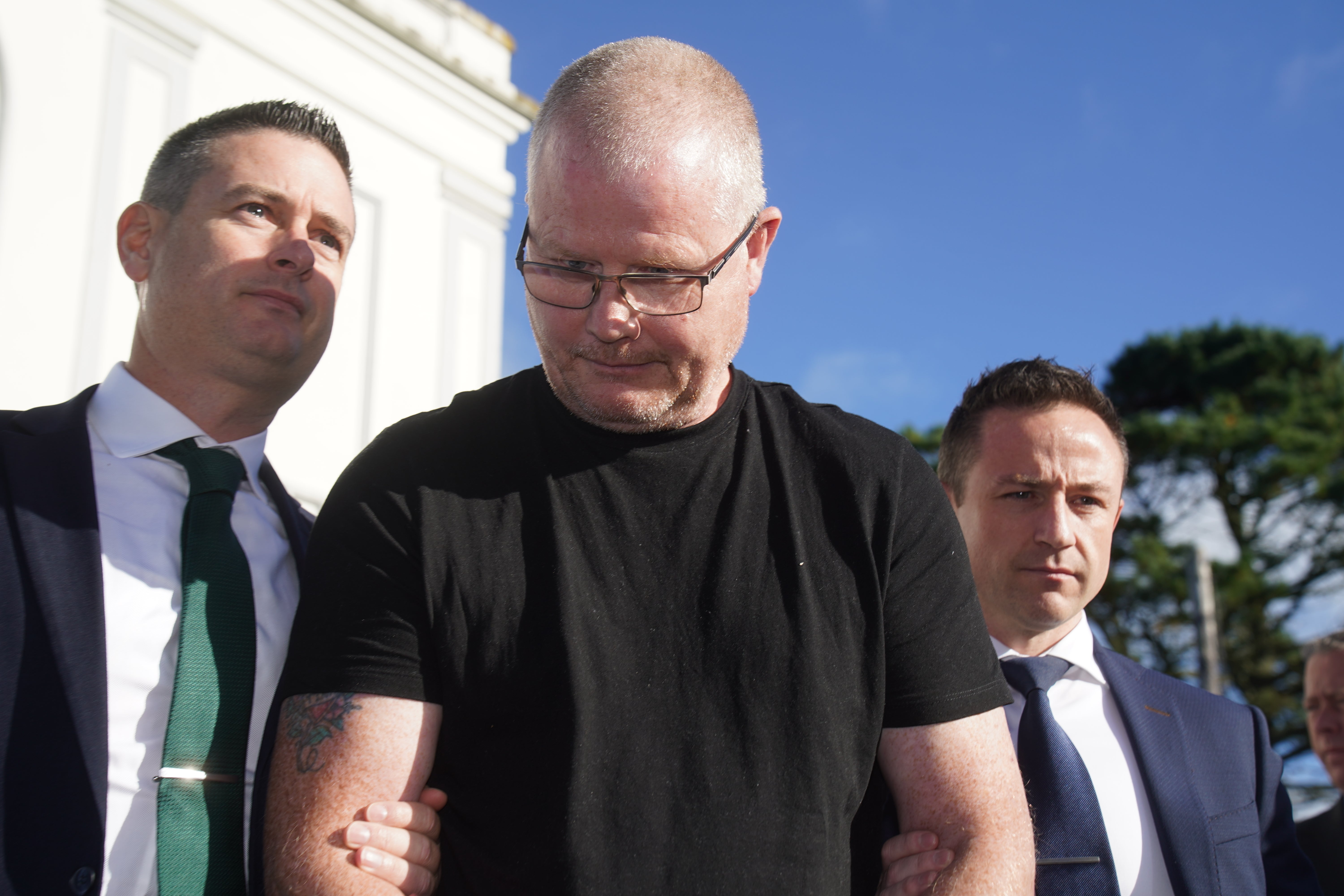
An Irish detective conducted a “gold standard” interview with a husband accused of murdering his wife, a court has heard.
The jury in the trial of Richard Satchwell, who is accused of murdering his wife Tina Satchwell at the home they shared in Co Cork between March 19 and March 20 in 2017, was told that he took part in an “enhanced cognitive interview” more than four years after that date.
The 58-year-old, from Grattan Street in Youghal, denies murdering his wife.
Her remains were found buried in a shallow grave beneath a concrete floor under a set of stairs in their family home in October 2023.
Satchwell, who is originally from Leicester in England, formally reported his wife missing on May 11 2017, weeks after he told police she had left their family home.
He has repeatedly said he believed his wife left because she needed some time on her own.
The jury in his trial at the Central Criminal Court in Dublin is hearing from a transcript of an “advanced interview” gardai held with Satchwell on June 20 2021.
The full transcript, being read out by prosecuting counsel Gerardine Small, runs to more than 120 pages.

Detective Sergeant David Noonan, who held the rank of Detective Garda at the time, told the court that he had met Satchwell at an interview suite by appointment on that date.
He explained that there was a “relaxed environment” in the room and Satchwell was told the interview was being recorded by cameras and microphones while also being monitored by another garda outside the suite.
Satchwell was told that the interview would be transcribed from the recordings and they would come back to sign an agreed version at a later date, which was completed on January 23 2022.
He said this was different from how a witness statement would be taken generally where it is written down at the time of the interview.
Det Sgt Noonan, who assists with training other gardai on advanced interviewing techniques, said this process was “witness-led”.
He described the technique as the “gold standard” of taking a witness or victim statement.
While the detective present can ask questions for clarification or elaboration, Det Sgt Noonan told Satchwell he would be “handing over control of the interview” to him.
Satchwell was told it was a “safe place” and he could take a break if needed.
The detective said the information that is received through the process is “ultimately forensic” and gets a “lot more detail”.
Satchwell also gave a declaration during the process that he was giving information that was true to the best of his knowledge, and that if he was providing information that he knew was not true that it would leave him open to prosecution.
He was told that detail was “very important” and not to leave out any information that he thought may be insignificant or already known by the interviewing garda.
Satchwell was also told it was important not to “fill any gaps” or “assume anything” he did not know, and to be comfortable to say he did not know something.
The process of reading the transcript is due to continue after 2pm.







